Home – Case Studies – Landfill Gas Turkey
Landfill Gas Turkey
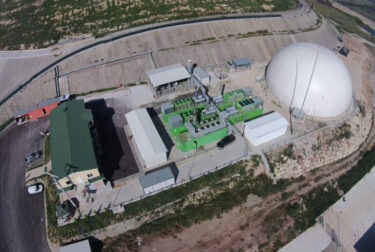
Home – Case Studies – Landfill Gas Turkey

In terms of waste management, Turkey is working hard towards a landfill policy that meets the EU’s strict standards. The result has been greater levels of controlled waste dumping and recycling, which is a good thing. This project ensures that landfills catering for nonrecyclable materials are fitted with special equipment that turns waste into energy by capturing methane. This power is fed into the local grid and decreases the need for electricity generated from fossil fuels like oil, gas, and coal.
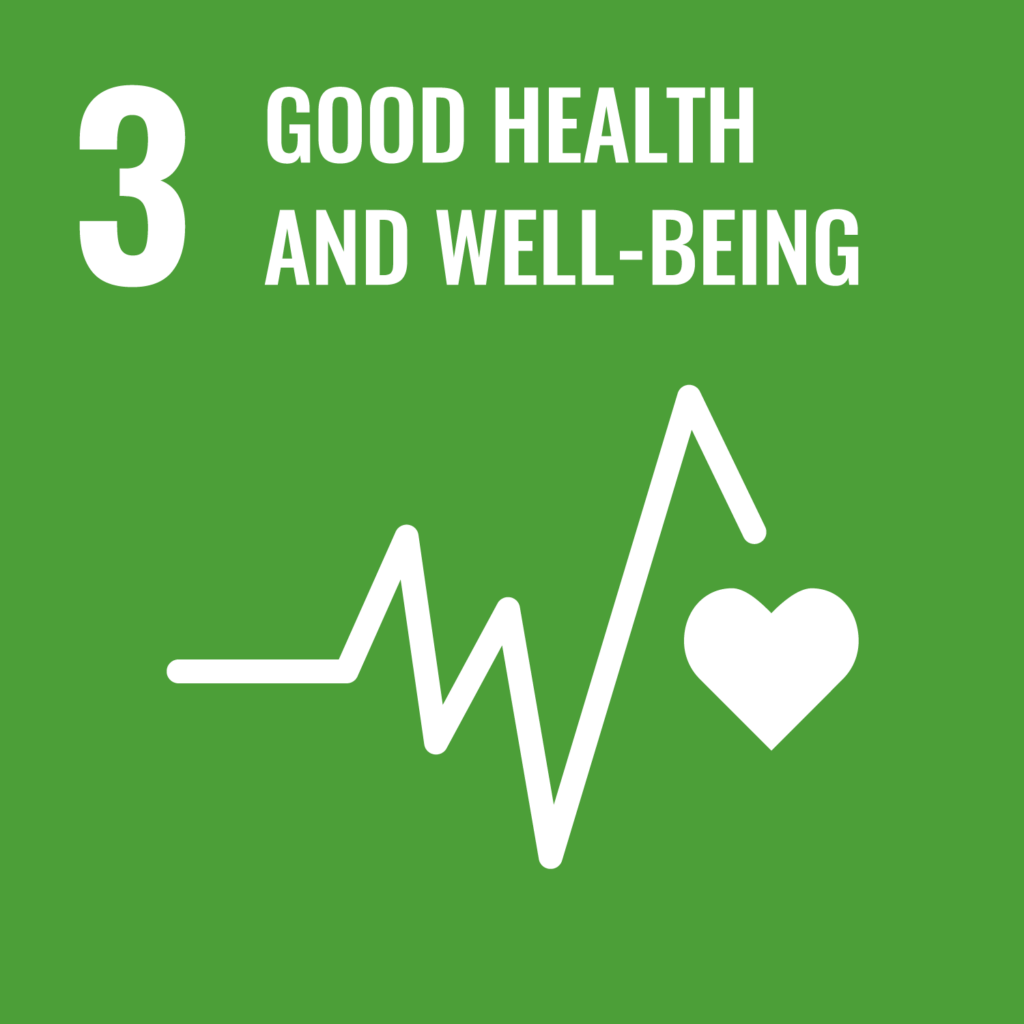
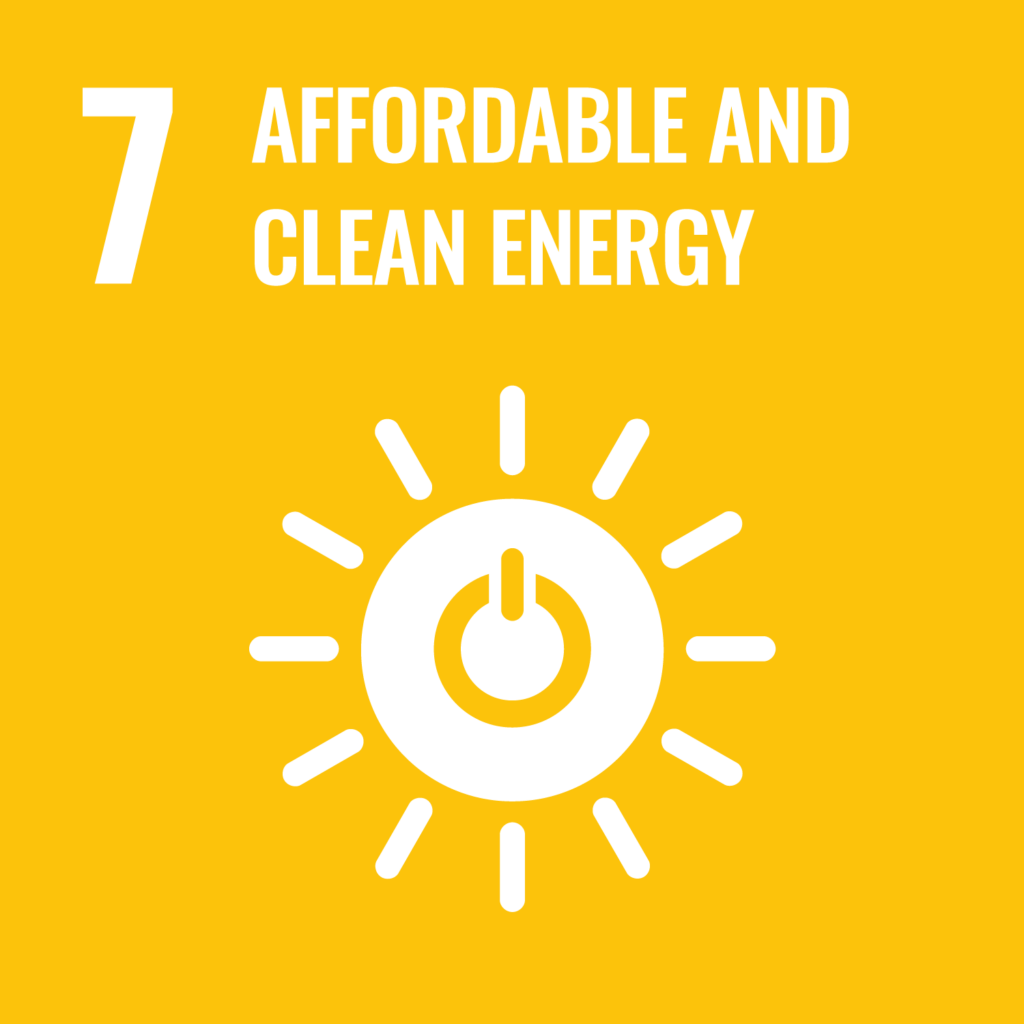
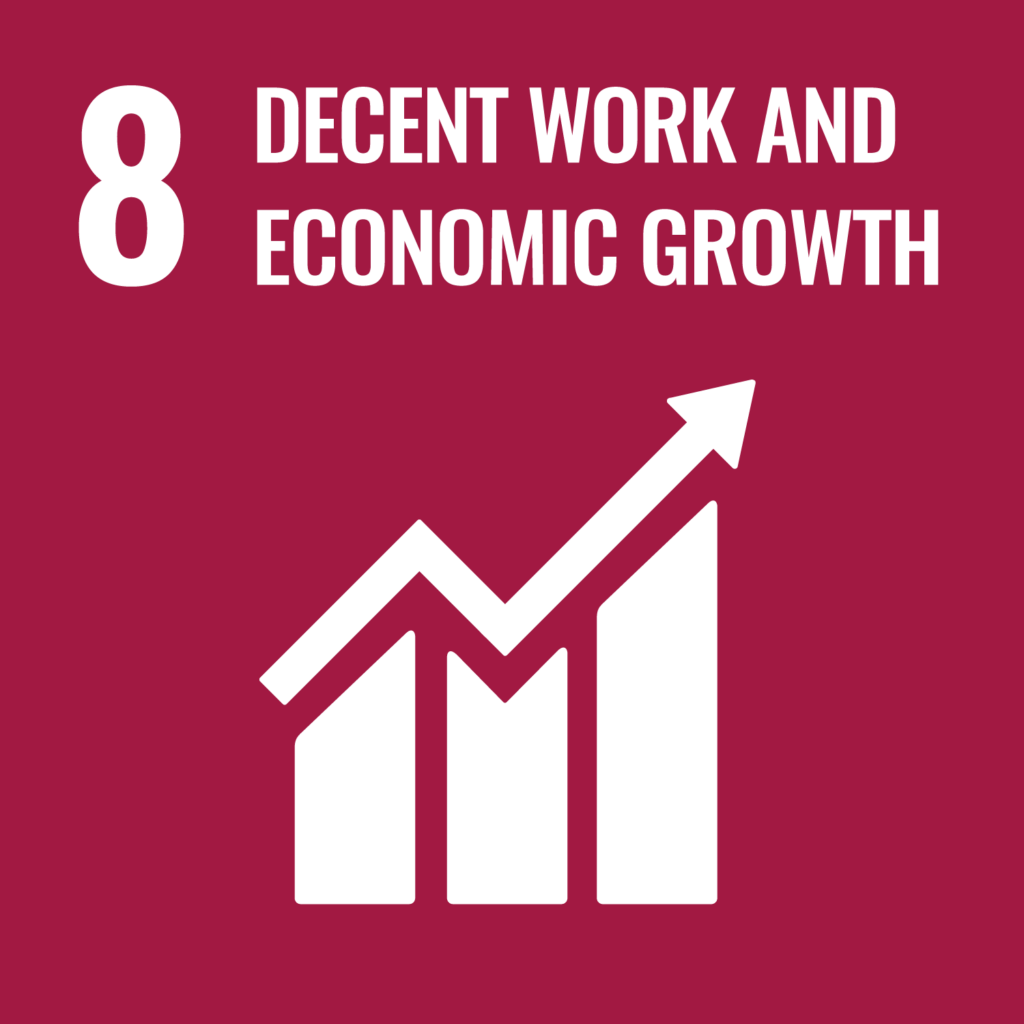
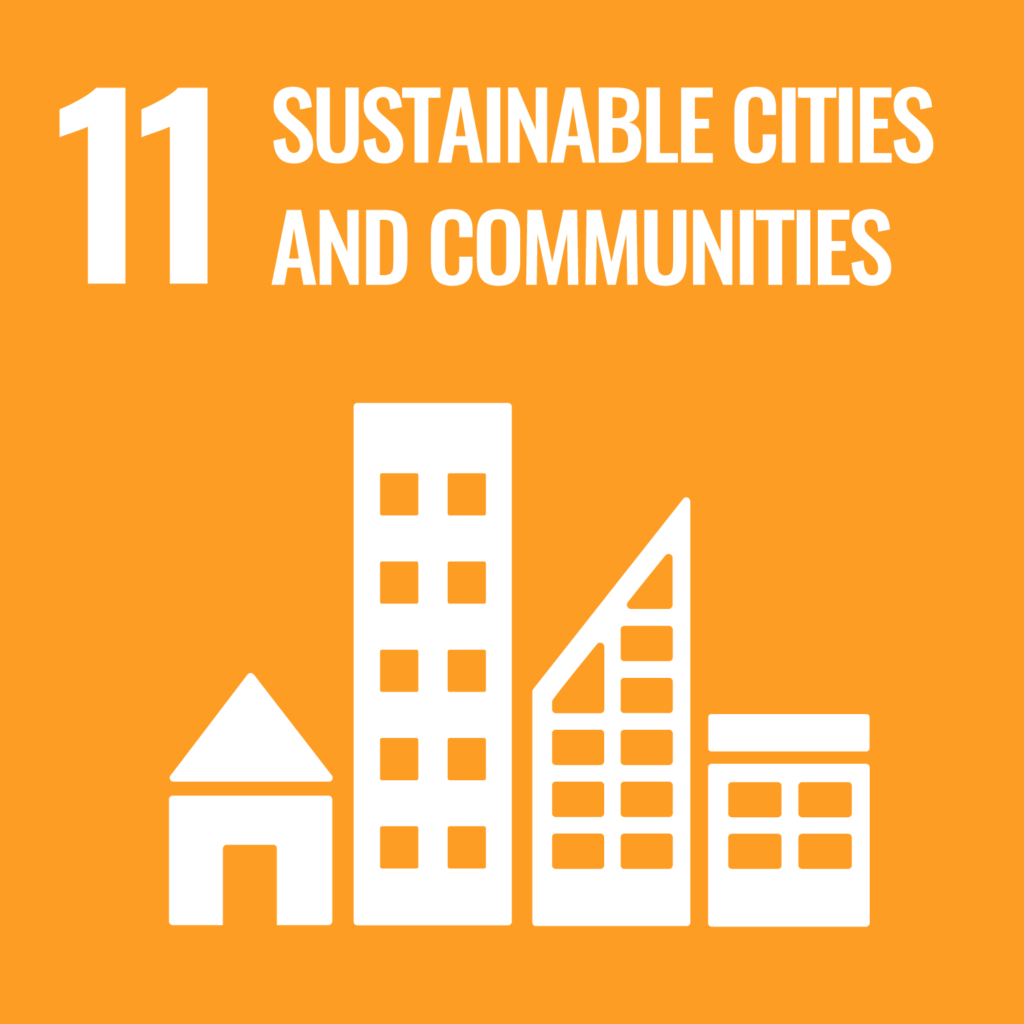
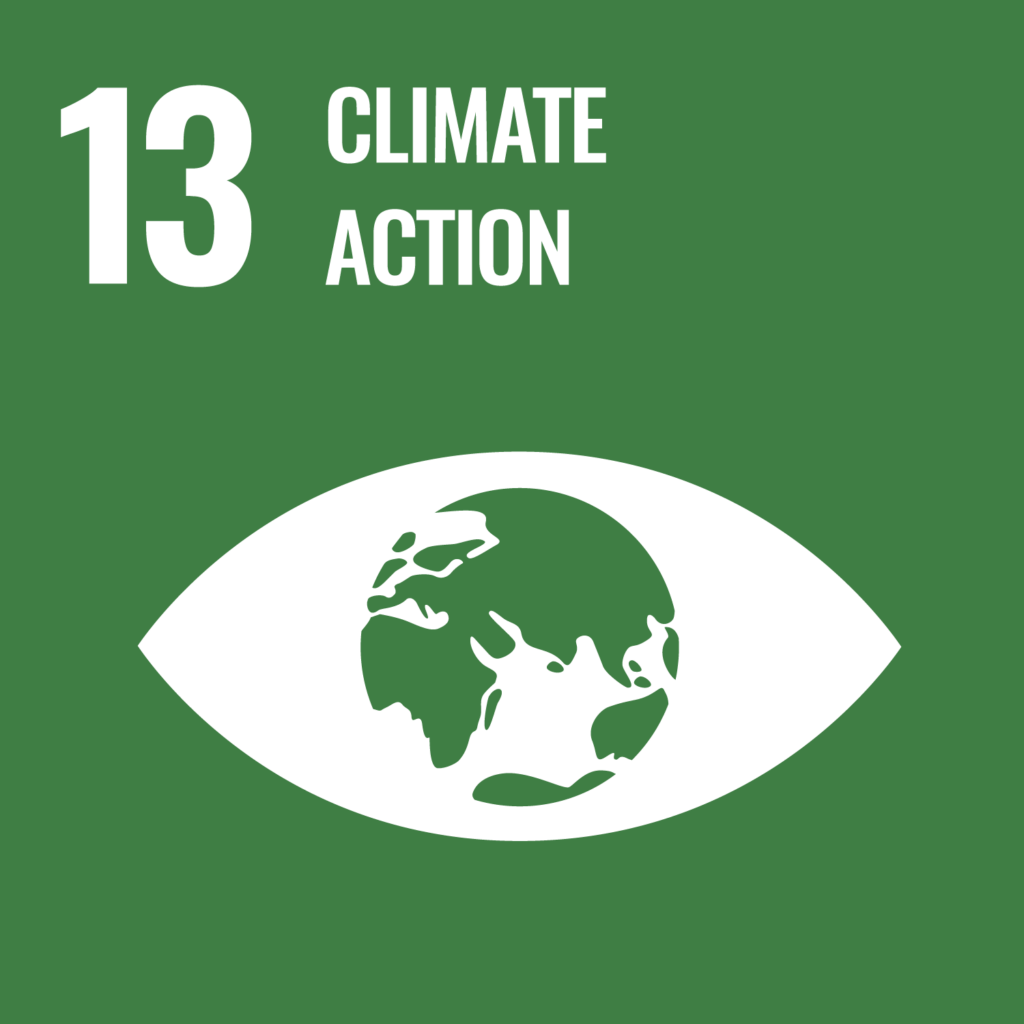
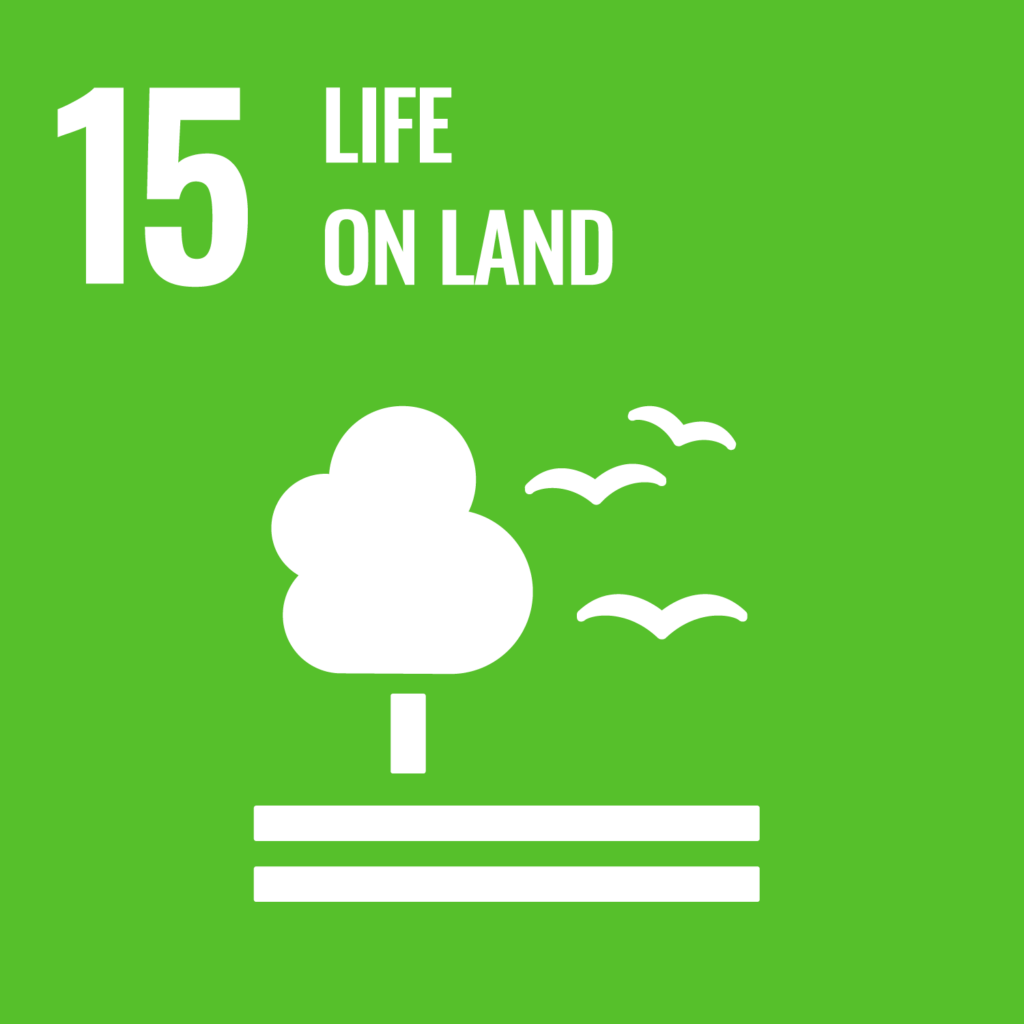

The project isn’t only focused on lowering the emission of methane and carbon dioxide in the atmosphere; it also improves the region’s waste management practices and air quality. As a result, local communities suffer less from smog and stench. The improved air quality boosts public well-being and makes residential areas near the landfill more civilised.
Annually, this initiative generates 35,000 MWh of electricity from landfill waste. It also creates many jobs for engineers, construction firms, sales experts and utilities.
The project reduces the need for energy generated from fossil fuels, thus the emission of harmful substances that contribute to environmental problems such as smog and acid rain. This is key in fighting climate change and curbing greenhouse gas emissions.
The project’s landfill is situated in the province of Kocaeli in the Bay of Izmit, some 100 km east of Istanbul. With a surface area of 3 million m2, the landfill is one of the largest in Turkey.
After being transported to the site, household waste is incinerated. The energy this generates is converted into electricity. CO2 emission reductions will be achieved by two means:
Anthesis, through Climate Neutral Group, contributes to this offset project by investing in it through the purchase of carbon credits. This reduces the volume of greenhouse gases emitted into the atmosphere. The initiative also provides access to renewable clean energy and carries a Gold Standard certification.